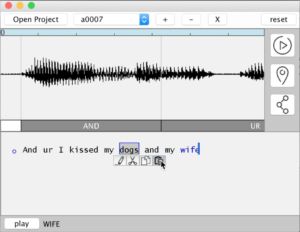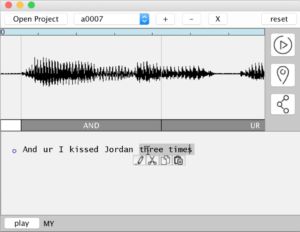Source: Phys.Org, Oct 2019
Candidates at job interviews expect to be evaluated on their experience, conduct, and ideas, but a new study by Yale researchers provides evidence that interviewees are judged based on their social status seconds after they start to speak.
The study, to be published in the Proceedings of the National Academy of Sciences, demonstrates that people can accurately assess a stranger’s socioeconomic position—defined by their income, education, and occupation status—based on brief speech patterns and shows that these snap perceptions influence hiring managers in ways that favor job applicants from higher social classes.
Our study shows that even during the briefest interactions, a person’s speech patterns shape the way people perceive them, including assessing their competence and fitness for a job,” said Michael Kraus, assistant professor of organizational behavior at the Yale School of Management. “While most hiring managers would deny that a job candidate’s social class matters, in reality, the socioeconomic position of an applicant or their parents is being assessed within the first seconds they speak—a circumstance that limits economic mobility and perpetuates inequality.”
The researchers based their findings on five separate studies. The first four examined the extent that people accurately perceive social class based on a few seconds of speech. They found that reciting seven random words is sufficient to allow people to discern the speaker’s social class with above-chance accuracy.
The researchers also showed that pronunciation cues in an individual’s speech communicate their social status more accurately than the content of their speech.
The hiring managers who listened to the audio recordings were more likely to accurately assess socioeconomic status than those who read transcripts










